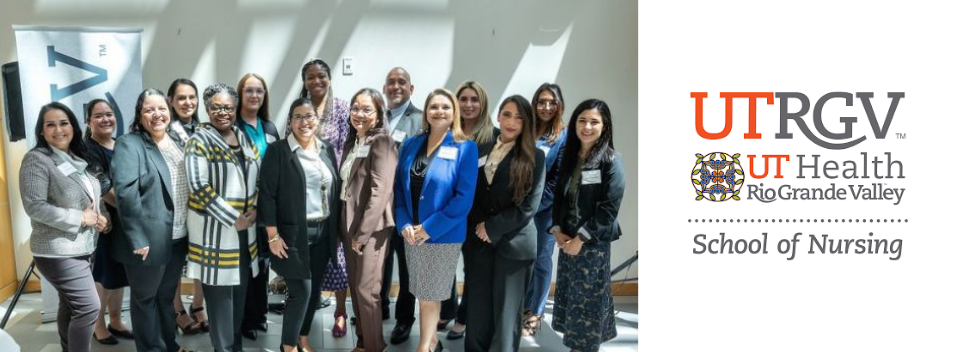
School of Nursing Faculty Publications
The Social-Ecological Theory of Child Development: A Framework for Nurse-Led Initiatives and Models of Care
Document Type
Book Chapter
Publication Date
2-2023
Abstract
The core concepts of the Urie Bronfenbrenner Social-Ecological Theory (SET) are presented as guidance for developing comprehensive nurse-led initiatives and interventions that help promote the health and well-being for disadvantaged pediatric populations. As noted, the traditional model of pediatric care has narrowly focused on medically related concerns rather than on the social determinants of health such as family socioeconomic status, parental educational level, health literacy, and the family’s important cultural values, beliefs, and practices that have significant impact upon children’s comprehensive health status. Throughout this chapter, examples are provided that demonstrate the utility of this framework for care to address the comprehensive biopsychosocial needs of the child and family to effect comprehensive, child- and family-centered outcomes. The importance of incorporating this comprehensive framework into nurse-led initiatives is exemplified throughout this chapter with evidence of improved child- and family-centered outcomes. As discussed in this chapter, nurse clinical experts, leaders, researchers, and administrators are well positioned to promote advances in the development and implementation of sustainable nurse-led models of care that are not only feasible but necessary to promote child and family health and address sociocultural inequities. This movement forward is not relegated to local community needs; it is a global effort that requires international nursing collaborations.
Recommended Citation
Eanes, L. (2023). The Social-Ecological Theory of Child Development: A Framework for Nurse-Led Initiatives and Models of Care. In: Betz, C.L. (eds) Worldwide Successful Pediatric Nurse-Led Models of Care. Springer, Cham. https://doi.org/10.1007/978-3-031-22152-1_2
Publication Title
Worldwide Successful Pediatric Nurse-Led Models of Care
DOI
https://doi.org/10.1007/978-3-031-22152-1_2


Comments
© 2023 The Author(s), under exclusive license to Springer Nature Switzerland AG.
https://rdcu.be/dloig